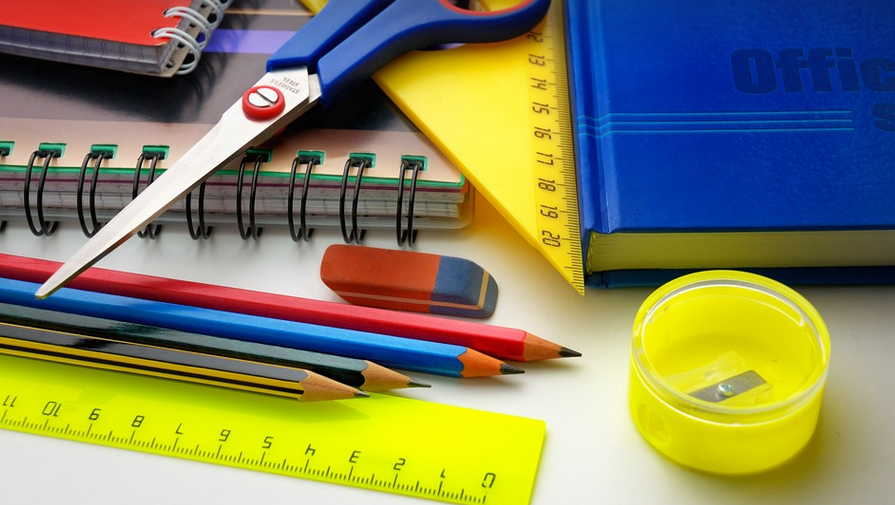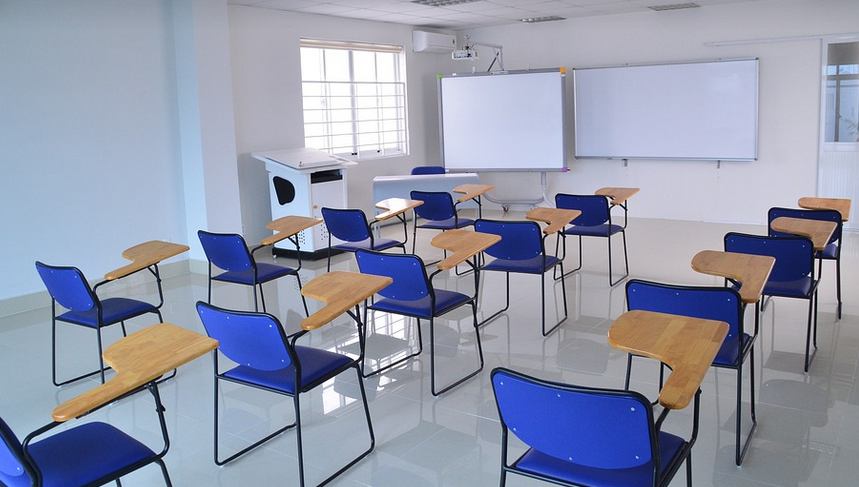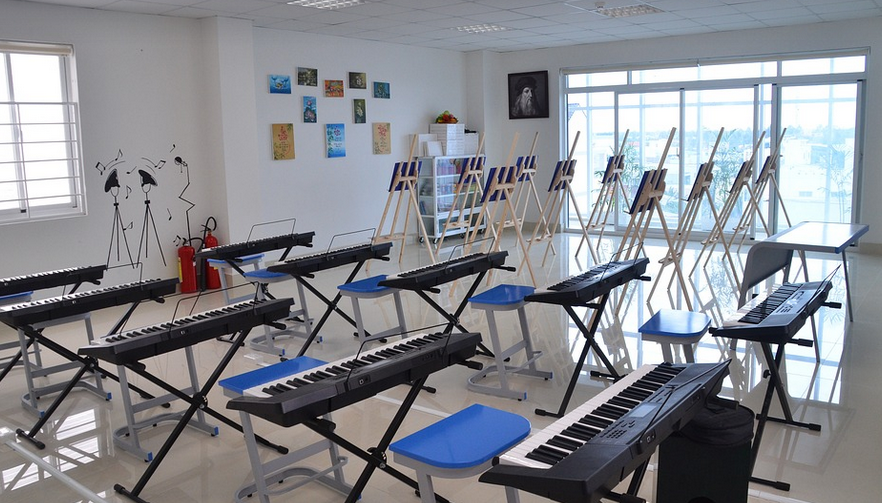
A Gentle Approach to Mastering Independence
Learning to use the potty can be a big step for toddlers, and for many parents, it’s often an anxiety-filled journey. But what if there were a more gentle, focused approach that could help your little one feel comfortable and confident in their bathroom skills? Enter occupational therapists—the experts who guide children toward independence through play and tailored strategies.
While seemingly simple, potty training is a complex skill requiring coordination between physical, cognitive, and emotional development. Occupational therapy comes into the picture because it focuses on helping kids develop the specific skills needed for this milestone. For instance, many kids struggle with visual understanding of what’s happening, how to use a toilet properly, or even with staying dry long enough. These are areas where occupational therapists step in, providing hands-on support and guidance.
Why Occupational Therapy?
You might be wondering why you should consider this approach. Well, traditional potty training often leaves out the finer points of how to make the whole process smoother for both the child and parent. Occupational therapy adds a layer of depth by addressing the unique needs of each child. Here’s where it shines:
- **Understanding Potty Readiness:** Occupational therapists are trained observers. They can pinpoint your child’s readiness by assessing their physical capabilities, developmental milestones, and even emotional cues that might be hindering progress.
- **Fine-Tuning Skills:** These professionals work on building essential skills, from understanding the body’s signals to initiating movement and self-monitoring actions like wiping.
- **Creating a Positive Environment:** Occupational therapists don’t just focus on potty training itself but create an overall positive experience for your child. They can help build confidence by introducing age-appropriate activities, such as playing with water or exploring textures.
What Does an Occupational Therapist Do?
Imagine having a skilled detective who helps you understand the puzzle pieces of potty training. This is what occupational therapy offers. They use a multidisciplinary approach to ensure that your child is equipped for success, considering factors like:
- **Physical Development:** Do they need extra support with gross motor skills (walking and running)? Or maybe fine motor skills (grasping and manipulating objects) are the key challenge?
- **Cognitive Skills:** Are your child’s understanding of body sensations, like feeling wet or full, lagging?
- **Behavioral Challenges:** Does your child show signs of anxiety or resistance to using the potty?
- **Sensory Preferences:** Do they react to certain textures and sounds associated with bathroom activities?
The Power of Play
Potty training isn’t about brute force; it’s about empowering your child to make choices. Occupational therapy embraces this by incorporating play into every aspect of the process. This could mean:
- **Waterplay and Exploring:** Using water in a safe environment helps children understand body sensations, like feeling wet or full.
- **Sensory Activities:** Creating sensory experiences like playing with different textures (think sandboxes) can help your child learn self-soothing skills and develop their understanding of the world around them.
- **Role-Playing and Imagination:** Pretending to be a doctor or visiting a pretend bathroom helps children understand their body functions and build confidence in using the toilet.
Benefits of Occupational Therapy for Potty Training:
The benefits go far beyond just learning how to use the potty. Let’s explore the positive outcomes:
- **Independence and Confidence:** As your child learns to manage their bodily functions, they will gain independence and confidence in their own abilities.
- **Improved self-esteem:** A successful potty training journey can foster a sense of accomplishment and boost your child’s overall self-esteem.
- **Early Learning Skills:** Occupational therapy helps children develop important early learning skills, such as problem-solving and critical thinking.
Tips for Bringing in Occupational Therapy for Potty Training
Getting a little help from an occupational therapist can make all the difference. Here’s how to get started:
1. **Talk to your child’s doctor:** They will likely refer you to an occupational therapist if they think this would be beneficial. 2. **Reach out for consultations:** Many therapists offer a free initial consultation to discuss your needs and explore whether occupational therapy is the right fit for your family.
Remember, potty training should be a positive experience. With the help of an occupational therapist, you can create a journey that empowers your child to embrace this milestone with confidence.





